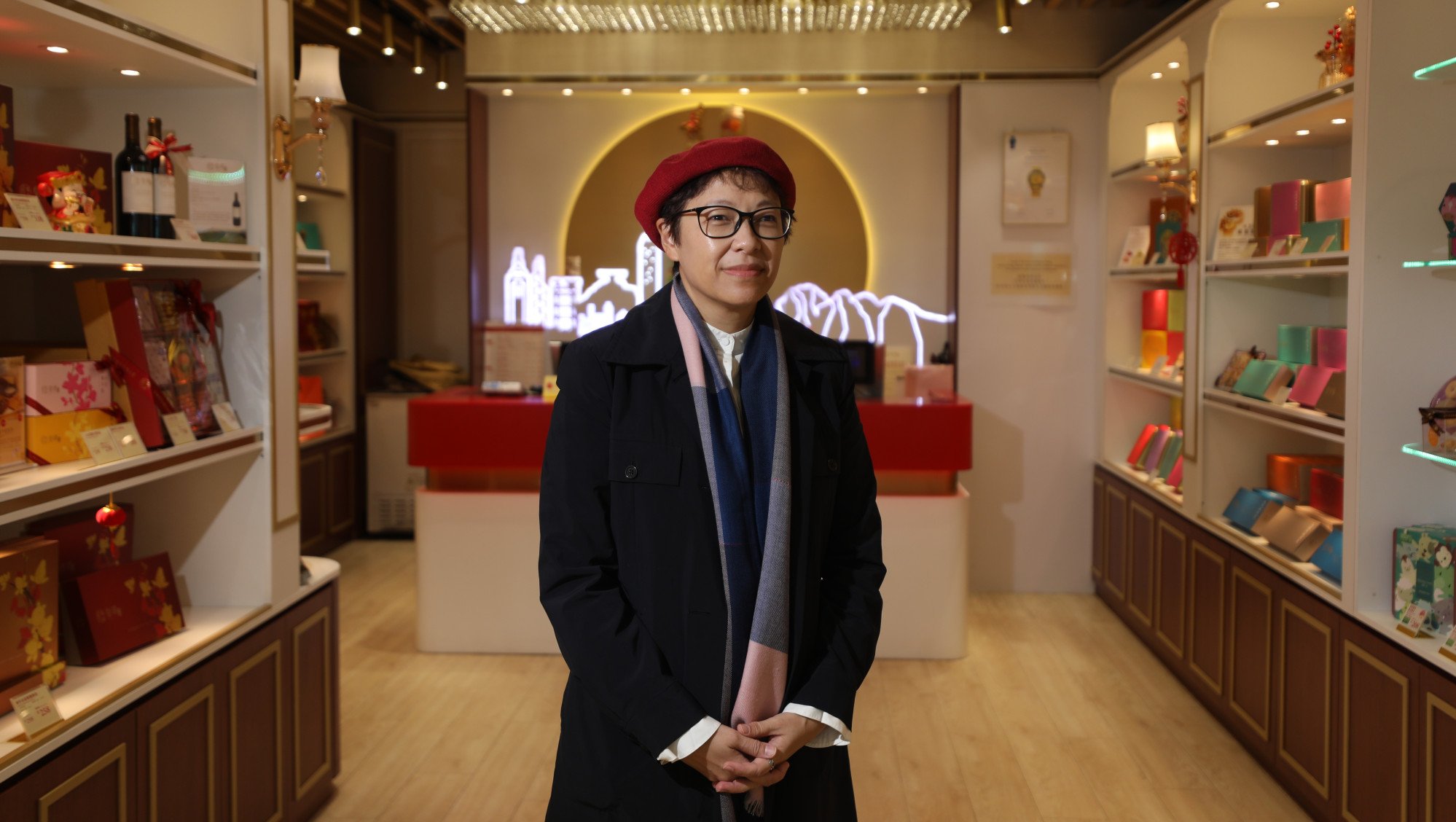
Halal dim sum? Hong Kong trade fair aims to entice businesses to make city more appealing to Muslims amid ‘very, very low’ tourism standing
- Halal Pavilion event will showcase food and consumer goods from around the world, raise awareness
- Despite Hong Kong’s reputation as a culinary haven, there are only 83 halal-certified restaurants
Hong Kong will hold its largest trade and consumer fair highlighting halal products and business practices this month, an event that aims to improve the city’s liveability for Muslim residents and its appeal to visitors.
The city’s standing as a Muslim-friendly tourist destination was “very, very low”, said Sharifa Leung, a co-organiser of the Halal Pavilion event and a third-generation Muslim Hongkonger.
Hong Kong ranked No 30 out of 138 destinations overall in the Global Muslim Travel Index 2023, behind Singapore (No 11), Taiwan (No 28), and Thailand (No 29), though it took the 5th spot among non-Muslim destinations.
The index is compiled annually by Mastercard and CrescentRatings, a Singapore-based company that conducts research on Muslim-friendly travel destinations.

“How can Hong Kong move forward to being a Muslim-friendly city, how can we talk about diversity and inclusion, if we do not engage businesses and try to work together?” Leung said.
Hong Kong is home to 300,000 Muslims, representing about 4 per cent of its population.
The Halal Pavilion will be held at the Hong Kong Convention and Exhibition Centre from 26 to 28 January as part of the wider Lifestyle of Health and Sustainability (LOHAS) Expo, which focuses on eco-friendly products.
Muslims cheer KFC’s halal move, hope they’ll have more food choices in Hong Kong
The pavilion’s 28 booths will feature halal-certified food and consumer goods from around the world, including Palestinian dates, as well as duck and lamb from mainland China, and devices for performing wudhu, or cleansing rituals.
Halal practices – derived from the Arabic word for ‘permissible’ – not only govern foods Muslims avoid, like pork and pork by-products, but also dictate how animals are slaughtered. Muslims also avoid alcohol.
The event will include talks on topics such as the halal certification process, how to provide racially sensitive customer service and halal tourism in Muslim-minority destinations.
Leung, who co-founded Hani Halal, a food products supply business, also hopes to show that the goods have appeal beyond the Muslim community.
“Even if you use a halal-certified chicken, you still have si yao gai (soy sauce chicken),” she said. “But why can’t I easily find a restaurant with this?”
Muslims in Hong Kong: 300,000 followers, six mosques and halal dim sum
Leung added with a laugh that she had started her business selling halal products ranging from condiments to cosmetics sourced from around the world because she wanted to enjoy dishes such as Hainan chicken rice more easily.
Despite Hong Kong’s reputation as a culinary haven, Muslim-friendly food options are limited.
There are only 83 halal-certified restaurants, excluding ones in hotels and theme parks, and 34 Muslim-friendly hotels in the city, according to the Hong Kong Tourism Board’s website.
Most of the eateries offer Indian or Middle Eastern options, or fast food. A handful, such as the well-known Islamic Centre Canteen in Wan Chai, offer more varied fare such as halal Cantonese cuisine.
By contrast, about 4,000 eateries in regional rival Singapore are halal-certified, though Muslims make up a larger proportion of around 15 per cent of the city state’s population compared with those in Hong Kong.
Mufti Muhammad Arshad, Hong Kong’s chief imam, said the government’s support for the local Muslim community was strong, with no problems related to its religious or dietary practices.
How Hong Kong, Japan and Korea won over Muslim travellers
But while the city now had more halal restaurants than before, he said most were concentrated in downtown areas, with limited choices elsewhere.
He suggested that Hong Kong follow Singapore’s model of having international fast-food chains such as Pizza Hut and McDonald’s serve halal-certified food products, saying there was a “big gap” in the accessibility of Muslim-friendly food between the two cities.
For years, Hong Kong has been interested in courting the Muslim tourist market, said to be valued at US$225 billion by 2028.
The government has also made attracting investments from the Middle East and other Islamic countries in China’s Belt and Road Initiative a strategic priority.
But concerns have been raised over the city’s limited awareness of Islamic culture and practices. Responding to a question in the legislature on January 10, the government said it would strengthen liaison efforts regarding the daily needs of Muslims.

Low awareness of Islamic culture in Muslim-minority cities such as Seoul and Hong Kong was “a real obstacle” to better halal infrastructure, said Ahmad Cho Min Haeng, a South Korean Muslim who will be speaking about tourism in such places at the pavilion this month.
As chairman of the Korean Muslim Federation’s halal committee, he helps businesses navigate the halal certification process.
He said businesses must understand that “being halal-certified is also good for marketing”.
Cho, whose coming trip to Hong Kong will be his first in decades, said he was looking forward to seeing how the availability of Muslim-friendly facilities had changed since his last visit.
“I hope to try some halal dim sum,” he said.


